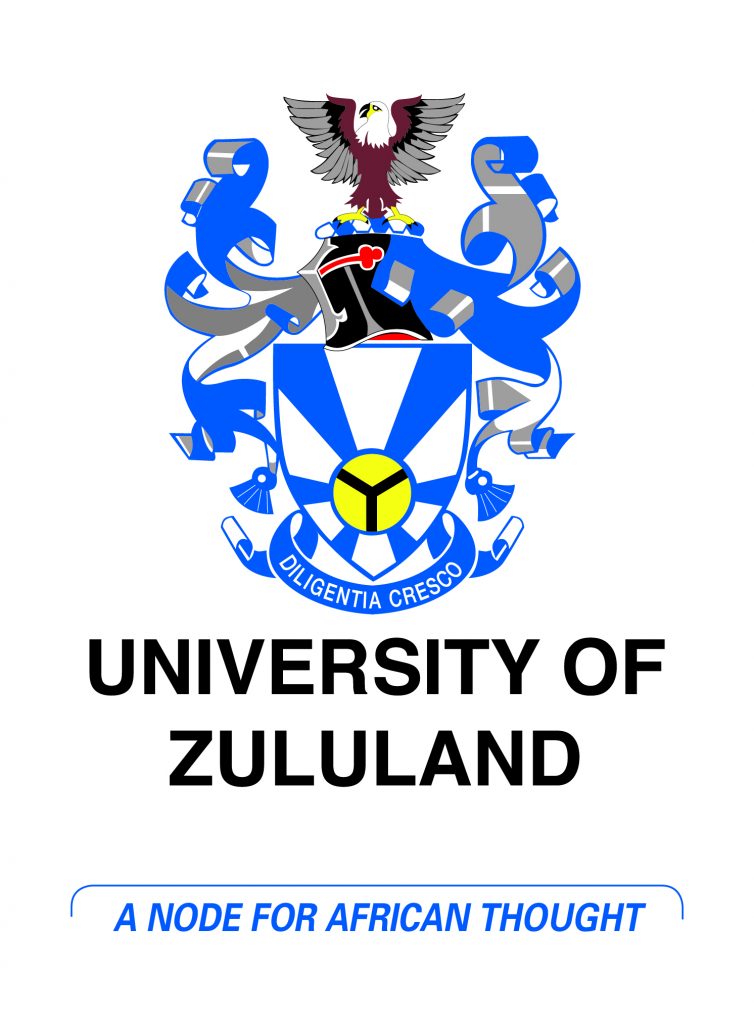Original Research
Democratic Deficits and Underdevelopment in Mozambique
Inkanyiso | Vol 13, No 2 | a6 |
DOI: https://doi.org/10.4102/ink.v13i2.6
| © 2022 Victor Jatula, Stella Conshello
| This work is licensed under CC Attribution 4.0
Submitted: 07 December 2022 | Published: 01 December 2021
Submitted: 07 December 2022 | Published: 01 December 2021
About the author(s)
Victor Jatula, Brunel University, London, United KingdomStella Conshello, Private Practice, Maputo, Mozambique
Full Text:
PDF (190KB)Abstract
Mozambique has the trappings of a progressive African state: abundant gas and coal resources, expanding foreign direct investment, aid from international donors, a decade of political stability, and social welfare for her most vulnerable. However, Mozambique ranks among the least developed nations on the African continent (World Bank 2018; UNHDI 2018). This study investigated why resource-rich, democratic Mozambique is underdeveloped, aid-dependent and poor. Using survey questionnaires and semi-structured interviews, findings indicate three critical factors: Mozambique’s version of democracy, particularly the dominance of Frelimo; "Dead Aid" and state inefficiency, evidenced by weak forward and backward linkages within the economy, and escalating insecurity in Cabo Delgado. These red flags indicate deficits in Mozambique’s democratic process and shortfalls in her political economy. Affluence and democracy have become sundered during this recent history; this paper seeks causes. One main challenge to the existing deficit could be provided by the introduction of a Freedom of Information Act to strengthen radical media and civil society groups and open up Mozambique’s politics to ethical, progressive and democratic scrutiny. Urgency is required to alter the current regressive path Mozambique treads. The study’s limitation is its moderate sample size.
Keywords
Democracy; Mozambique; political process; corruption; resource curse
Metrics
Total abstract views: 651Total article views: 283
